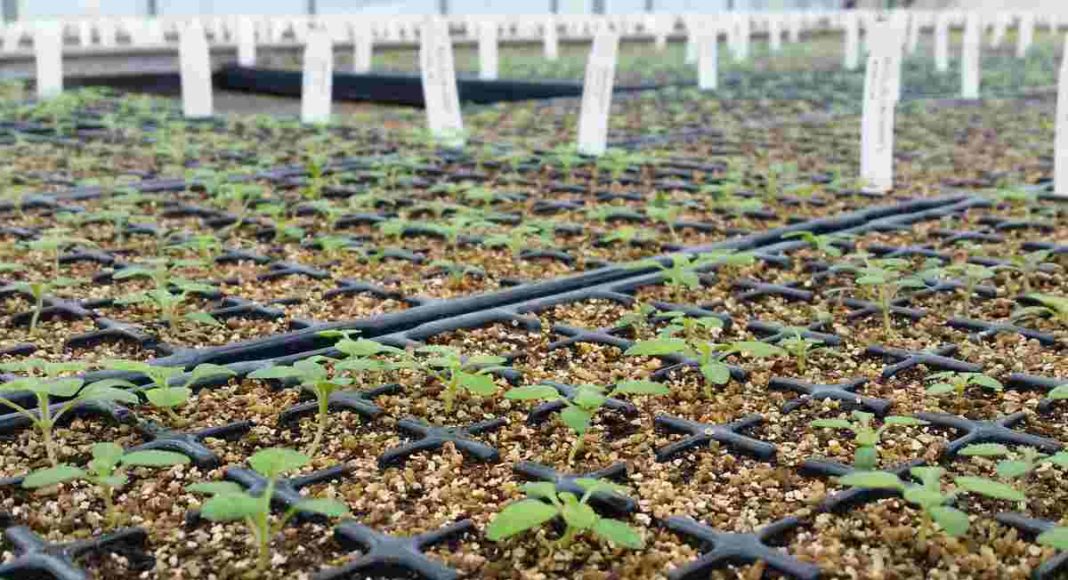The Dutch company Solynta has developed a potato variety that is resistant to late blight (Phytophthora infestans). As a result, it could greatly reduce the use of pesticides in agriculture.
The company plans to unveil its new blight-resistant potato later this week.
The potato disease causes widespread damage to potato stocks worldwide every year, despite the intensive use of pesticides.
Richard Visser, chair and head plant breeding at Wageningen University & Research, said he expects Solynta will need a further four or five years before farmers will be able to grow the new potatoes.
Most blight-resistant potato varieties currently available or being introduced have been developed using genetic modification and may therefore not be suitable for all markets.
There are some crop management challenges with the new variety, among them herbicide application and planting methods. Planting potato plantlets is a novelty that demands new crop management. As well, hybrid seed potatoes are vulnerable to night frost and initial growth is slower.
Given the focus of the company Solynta (F1 hybridization), this will not be a GM potato variety. The variety is furthermore expected to have multiple Phytophthora resistances, something that is considered extremely important given the high genetic adaptability of late blight.











